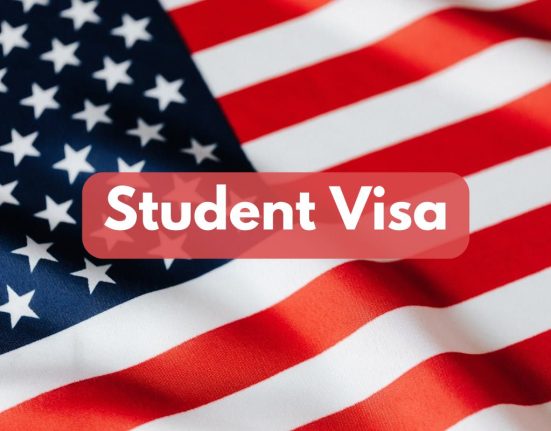Starting June 1, 2025, international students applying for U.S. student visas will face stricter social media screening requirements, following new rules announced by the U.S. State Department.
Under these updated guidelines, all applicants aged 14 and above must provide access to at least five of their most-used social media accounts, covering at least one year’s worth of activity. The review is part of efforts to strengthen national security and screen applicants for potential ties to foreign terrorist organizations (FTOs) with particular attention on groups like Hamas.
Why It’s Causing a Stir?
Recent debates have centered on whether online political expressions like posting “Free Palestine” or supporting pro-Palestinian protests could flag applicants for visa delays or denials. While U.S. authorities have not explicitly banned such posts, legal experts warn that social media activism could increase scrutiny, especially under newly revived legislative efforts like the Veto Your Visas Act.
The bill, reintroduced by Congressman Nick Langworthy, gives U.S. universities the responsibility to report students who they believe support or engage in activities linked to FTOs. Once flagged, the student’s visa can be revoked, and deportation proceedings can begin.
What This Means for International Students
The new rules extend the Trump-era push for deeper vetting of non-immigrant visa applicants. Over the past year, more than 1,000 international students have reportedly faced visa revocations, often over minor infractions or perceived political alignments.
For Nigerian, African, and other international students eyeing top U.S. schools, the message is clear:
- Review your online presence carefully.
- Understand the potential risks of public political expressions.
- Seek guidance from your university or legal experts if unsure.
The Bigger Picture
These developments raise urgent questions about academic freedom, freedom of speech, and the evolving landscape of global education. As the U.S. sharpens its focus on national security, international students, many of whom are young, vocal, and politically active are caught in the crosshairs.


